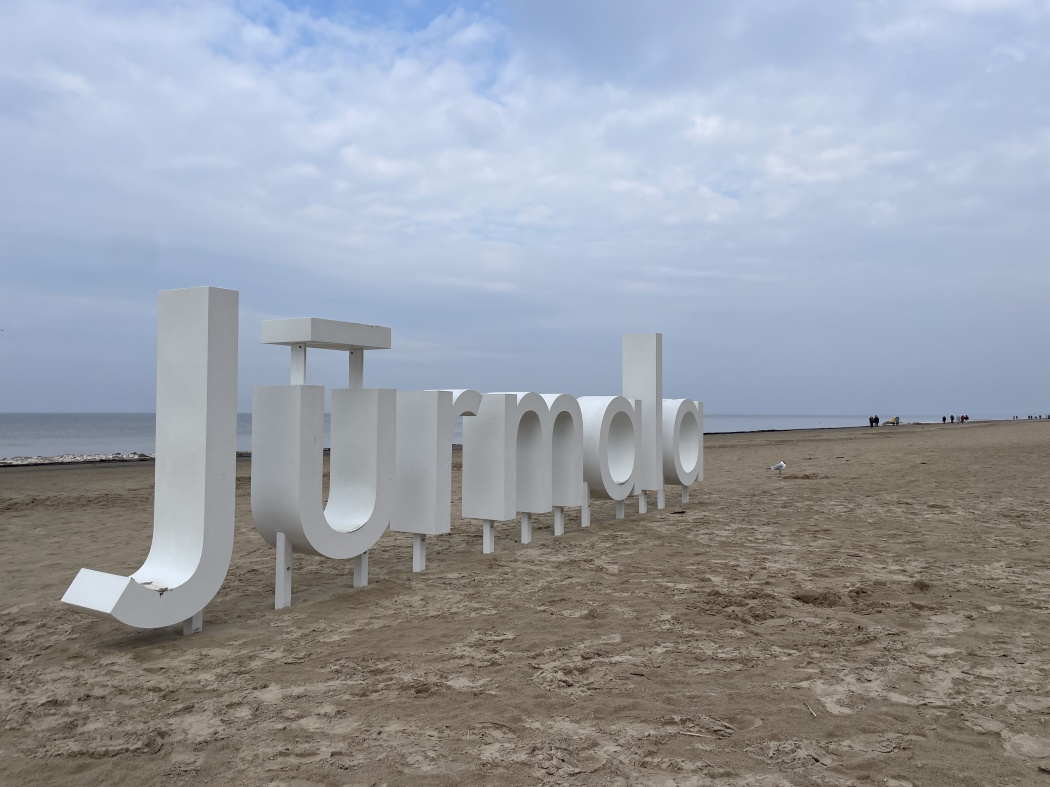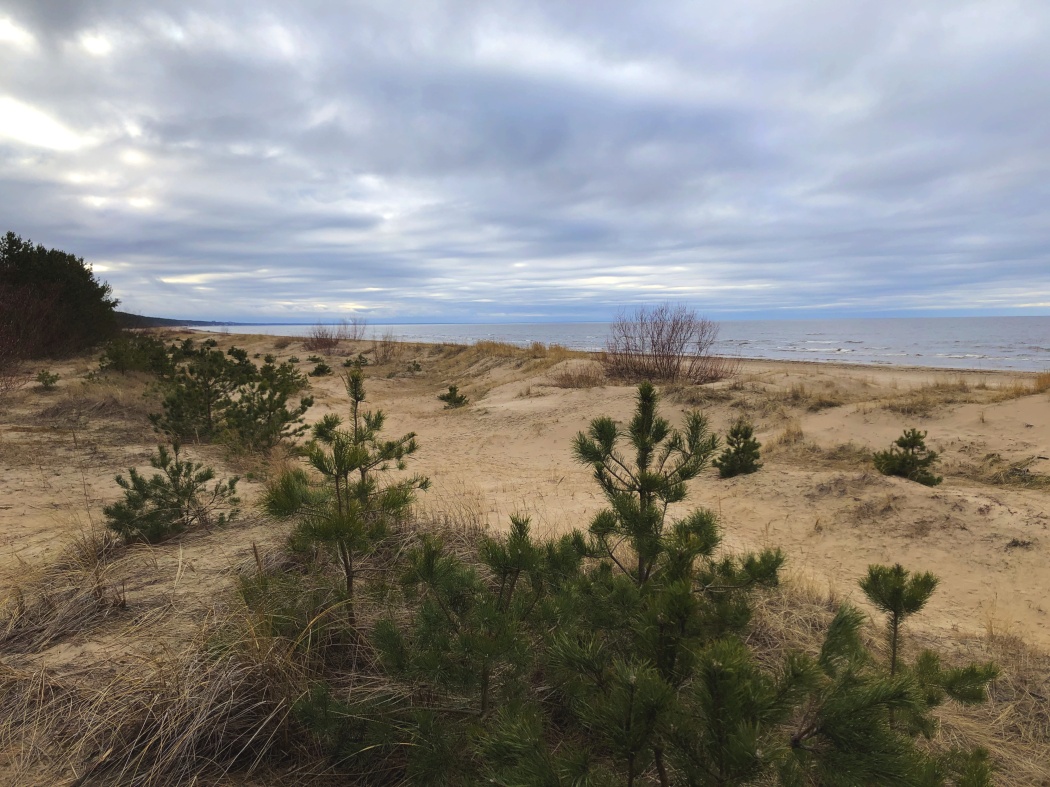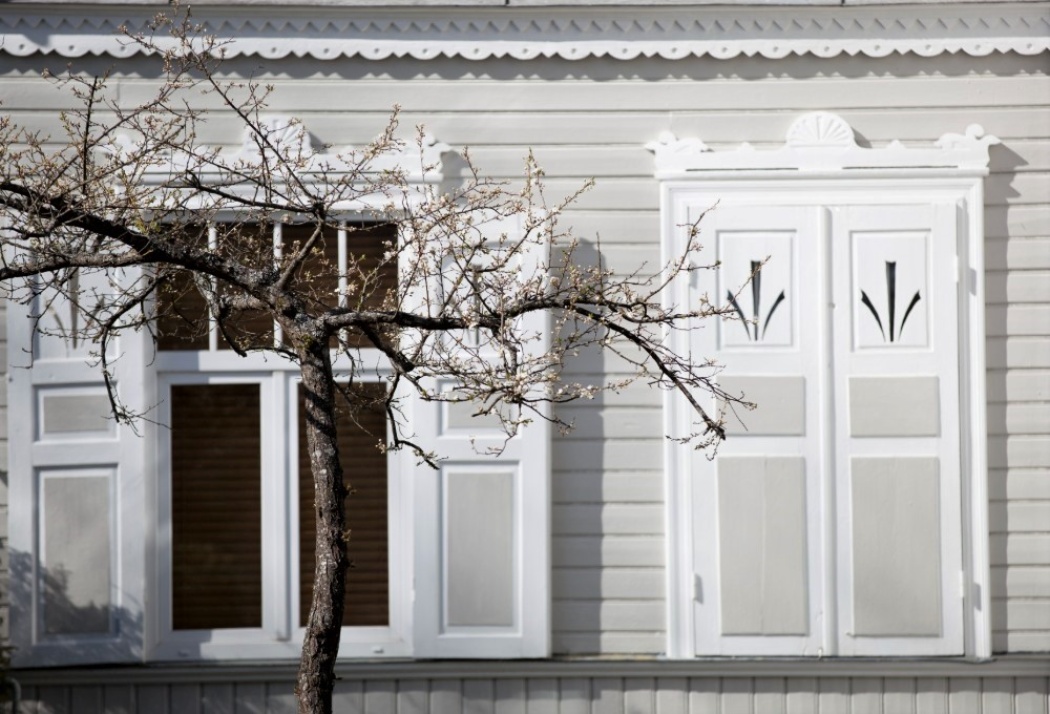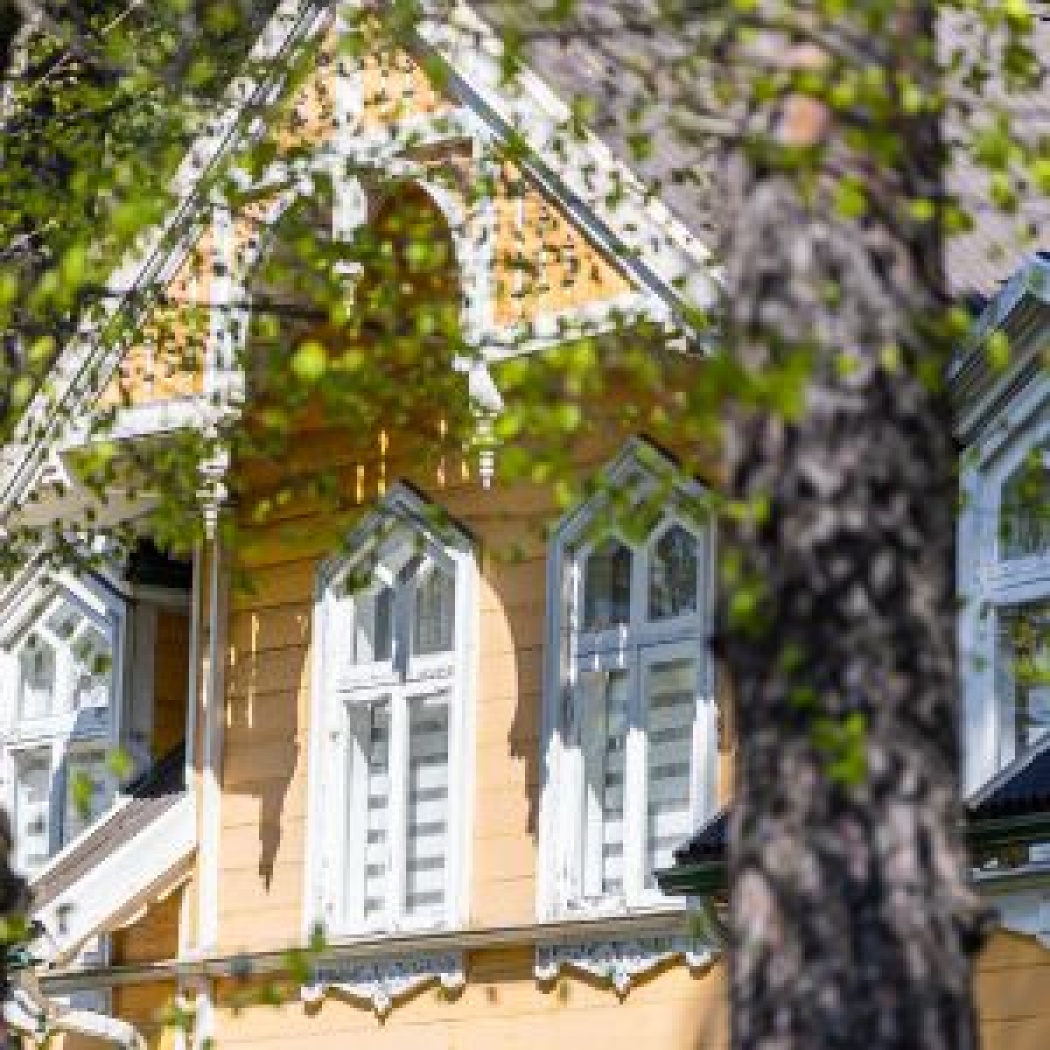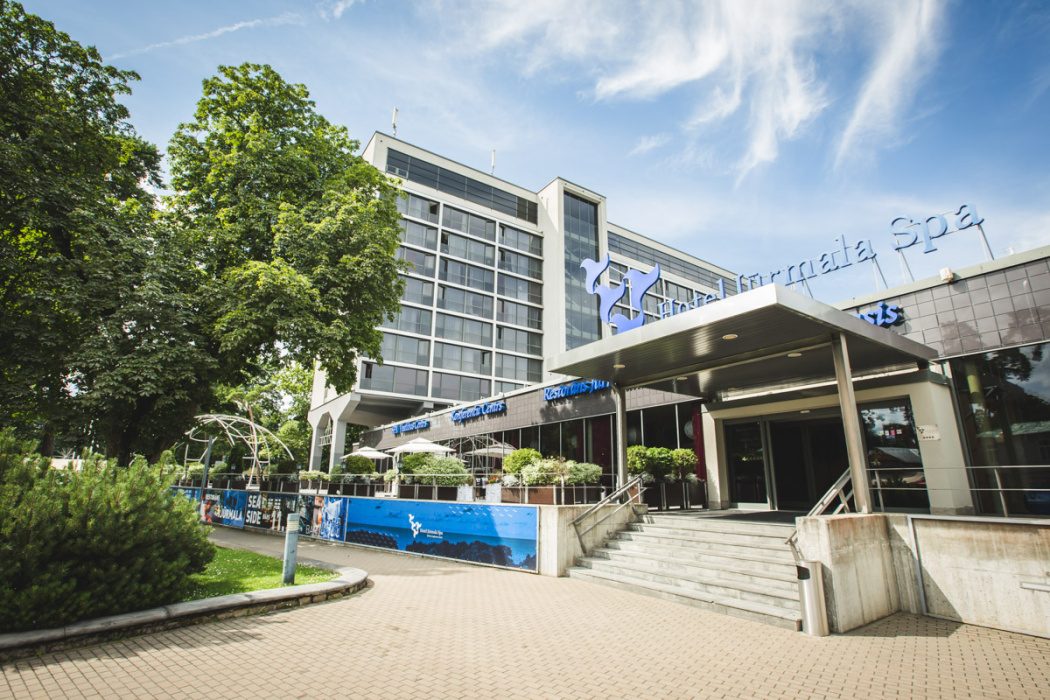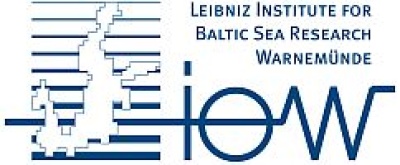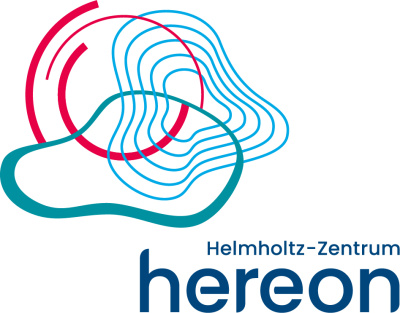5th Baltic Earth Conference - Thanks for a great conference!
New Challenges for Baltic Sea Earth System Research
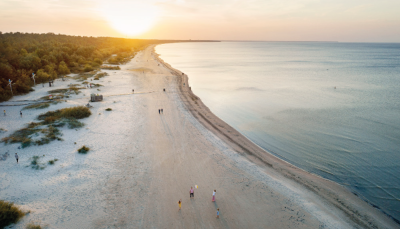
- LocationJūrmala, Latvia
- Time13 - 17 May 2024
- HostInternational Baltic Earth Secretariat at Helmholtz-Zentrum Hereon, Leibniz Institute for Baltic Sea Research Warnemünde (IOW) and Latvian Institute of Aquatic Ecology, Rīga

Participants in front of the Hotel Jurmala Spa
Background
The Baltic Earth scientific network strives to achieve an improved Earth System understanding of the Baltic Sea region as the basis for science-based management in the face of climatic, environmental and human impact in the region. Baltic Earth brings together a broad international research community around scientific issues relevant for societal efforts to achieve sustainability in the region. Baltic Earth targets the atmosphere, land and marine environment of the Baltic Sea, its drainage basin and nearby areas with relevance for the Baltic Sea region.
The completion of the Baltic Earth Assessment Reports (BEARs) marks the termination of the first phase, ten years after the launch of Baltic Earth. The BEARs provide a retrospect of Baltic Earth related research, current knowledge and knowledge gaps, and wrap up Baltic Earth activities.
The conference
After the publication of the Baltic Earth Assessment Reports (BEARs) in 2023, reflecting the Grand Challenges and research themes of Baltic Earth over the past ten years, it is now time to move on and update research challenges, and define new ones. The updated and new research foci will be presented and discussed by scientists, students, managers and other stakeholders. There will be a dedicated young scientist´s event. Conference language is English.
-
Topics - Programme/
Infos for authors - Location/Venue
Accomodation/Travel - Registration/Fees
Excursion/Timeline - Organising
Committees
The sessions of this conference reflect the Grand Challenges and topics which are currently being discussed as updated and new in Baltic Earth. As the open discussion is ongoing, the final set of new Grand Challenges will be presented at the conference with the new Science Plan 2024. The contributions submitted were arranged according to the sessions below, which reflect the Baltic Earth research topics.
- A. Biogeochemistry of the Baltic Sea – Linking observations and modelling Investigations on the marine and terrestrial carbon, nitrogen and phosphorus cycles and pathways towards an understanding of primary production mechanisms and organic matter transformations in the Baltic Sea; biogeochemical causes and effects of eutrophication, oxygen limitations and trace gas production, including microbiological processes; modelling approaches to explain observations and project future changes
- B. Natural hazards and extreme events Observations, analysis and modelling of high impact events in the Baltic Sea region; frequency and strength of storm surges and waves, flooding due to extreme precipitation events or droughts; prediction systems, probabilistic estimates and attribution analyses
- C. Sea level dynamics, sediment dynamics, coastal processes and impacts on coasts Variability and change of mean and extreme sea level; waves, storm surges, currents, seiches, variations in wind and sea level pressure, river runoff, effects of sea ice, inflows, thermosteric effects, land uplift/subsidence and their effects on sea level/sediment transport/coastal changes; projections of future sea level rise, observed and projected long-term trends and multi-decadal variations
- D. Human impacts, interactions and management options Interactions between anthropogenic forcings like eutrophication, pollution, fisheries, aquaculture, shipping, offshore installations, hydrographic engineering, coastal management, agricultural and forestry practices and land cover change with natual forcings; analysis and application of coupled Earth system models capturing interactions between atmospheric, marine and land compartments/processes, as well as responses to anthropogenic forcings; regional detection and attribution efforts. How to cope with the various human and evironmental impacts described above and climate change, including geoengineering options.
- E. Modeling past and future climate changes and teleconnections Recent and projected changes in regional climate variables like temperature, precipitation, etc., as well as impacts on the atmosphere, hydrosphere, oceanography, and biosphere of the Baltic Sea region; recent progress in the understanding of regional climate variability with special focus on coupled effects between sea, atmosphere, land and anthroposphere.
Identification of critical regions with teleconnections to the Baltic Sea; assessment of potential change of atmospheric mass and energy flow over Europe; assessment of dynamically driven climate variability (e.g. jet stream) with its origin far outside the Baltic Sea and its propagation into the Baltic Sea region - F. Small scale processes not yet resolved and their impact on the large scale dynamics and patterns State-of-the-art knowledge of submesoscale dynamics in the Baltic Sea and similar coastal and/or marginal sea environments based upon observations and modelling and the role of submesoscale in multiscale interactions, e.g. energy transfer, mixing, development of stratification, coastal-offshore exchanges, fluxes of substances, including through the air-sea interface, etc.
- G. Comparing marginal seas worldwide How do climatic, geological and human impacts in different polar, moderate and other marginal seas compare with conditions in the Baltic Sea? Can we establish a systematic scheme (classification), describing cause-effect relations for marginal seas with regard to the human-environment relationship?
- H. Philosophical aspects of Baltic Sea Earth system research Dichotomous thinking and the need for broader, integrative perspectives; complex systems with multiple drivers; ‚external‘ social dynamics in ‚internal‘ scientific modeling; what is the basis of the public authority of scientific knowledge? What is the knowledge market for the Baltic Sea region? What is the boundary between science and activism?
Programme
The Conference Progamme and List of Participants are now available. Please note that changes may still be possible (version as of 2 May 2024).
Infos for Poster Authors
Poster walls are portrait format (upright) and can aqccomodate the A0 format (840 x 1190mm) Posters can be set up as soon as the poster walls are set up (Monday afternoon). Posters will be on display all week (Monday afternoon until Thursday afternoon) in a dedicated poster room.
There are two dedicated poster sessions, including a 1 slide, 1 min "Speed talk" session, when poster authors give a short oral introduction to their posters. Please prepare this in addition to your poster. Poster authors will be notified on which day they are asked to give their 1-slide presentation (Wednesday or Thursday).
Infos for Oral Authors
Regular talks have a total slot of 15min, which includes the discussion time. Hence, we ask presenters to limit their presenttaion to 12 min to allow 3 minutes of questions and answers.
Solicited presentations (those opening a session) have 20 min in total, so that means 17+3.
Keynote talks have 30 minutes.
Please have your presentation ready on a stick by the morning of the presentation day, or during the luchbreak if you present in the afternoon.
The Call for Papers is now terminated
Contributions in accordance with the conference topics, as well as contributions from related programmes, both oral or as poster, are welcome. Invited and contributed papers will be presented in plenary and dedicated poster sessions.
Extended abstracts in English, maximum of two pages, including figures, tables or diagrams, are invited to be submitted by e-mail to the International Baltic Earth Secretariat. Contributions will be arranged into sessions which are based on these topics.
Abstracts must be submitted by e-mail to balticearth@hereon.de by 5 February 2024. Please indicate to which topic you would like to have your presentation allocated. An electronic abstract template is available for download below. Please use this template, other formats will not be not accepted.
The Scientific Conference Committee will review the submitted papers, decide on allocation to topic, oral or poster presentation and establish the conference programme.
Authors will be notified by end February 2024, and the programme is expected to be online by mid March 2024. An abstract volume will be distributed at the conference.
Authors will be invited to submit a full paper based on their presentation for a special conference issue in an international scientific journal to be published after the conference.
Jūrmala
Jūrmala‘s beach is 33 km long, covered with white quartz sand. Jūrmala‘s reputation as a spa destination began in the late 18th and early 19th centuries when wealthy landowners began the tradition of relaxing at the seaside. The sea breeze, pine aroma, mineral springs, and sandy beach encouraged health spas to develop within the city.
The most distinguishing architectural feature in Jūrmala is the prevalence of wooden houses dating from the 19th and first half of the 20th century. Jūrmala‘s architecture typically falls into classicism, national romanticism, and modern styles. The town has an official list of 414 historical buildings under protection, as well as over 4000 wooden structures, and Dubulti Station is an example of sculptural concrete shell modernist architecture.
Travel
By air: Rīga Airport is an international hub which is served by all major airports in the Baltic Sea region and beyond. It is possible to get to Rīga train station and downtown by bus. Bus #22 is the best connction to downtown Rīga and the train station (Rīgas centrālā dzelceļa stacija). The trip is about 35 min. Change there to the train to Jurmala.
See https://www.riga-airport.com/en
By train: There are regular trains from Rīga Central Train Station (Rīgas centrālā dzelceļa stacija) to various locations in Jūrmala. The stop „Majori“ (30 min from Rīga Central) is just a few minutes walk from the Conference Hotel.
Further infos:
https://www.visitjurmala.lv/en/whats-on/getting-here/
The Conference Venue
The conference takes place in Hotel Jūrmala Spa in the centre of Jūrmala, located on the sandy peninsula north of river Lielupe, and a well-known holiday resort at the southernmost banks of the Gulf of Rīga. The Latvian capital is just 25 km away. Jūrmala has been a tourist attraction with long beaches facing the sea and romantic wooden houses in the Art Nouveau style.
Jūrmala and the Conference Hotel are easily reached by various transportation means. Rīga has an international airport, serving all international connections. A commuter train connects Rīga and Jūrmala every half hour.
Hotel Jūrmala Spa
Jomas 47/49
Jūrmala LV-2015
Hotel website
Booking
Single and double rooms have been pre-booked in the Hotel Jūrmala Spa, where the conference will take place, upon availability (first come, first serve). These very good special rates are for conference participants exclusively.
Special conditions for conference participants (upon availability) are as follows:
Single room (single occupation of double room): 69€ per room and night
Double (twin) standard room: 85€ per room and night
Twin Superior Double room: 100€ per room and night
Included: Breakfast menu; free Wi-Fi access; access to Wellness oasis 1,5h (Sa-Su) or 2,5h (Mo-Fr) per day; wardrobe, slippers; access to gym
Booking is open as of now. The booking code, allowing for the special conditions for conference participants, is “Bearth2024”.
Terms of confirmation and cancellation of reservations for these special conditions
Full prepayment is required by making reservation. In case of cancellation money is not refunded. It is possible to change the reservation to another date by informing the hotel in advance (3 days before arrival). When changing the date, an additional surcharge is possible, taking into account the price for the selected date.
Instructions for using the booking (PROMO) code
1. Go to the Hotel Jurmaa Spa booking website
2. Enter guest’s chosen visit dates and number of adults/children
3. Click on “Promo code” and enter your special code – "Bearth2024" and click on “Search”
4. Click on “Show Prices” and booking system will show your special price/offer and booking conditions. To continue booking click on “Add” and follow next instructions.
Reservations also can be made directly through Hotel Jurmala Spa booking department:
booking@hoteljurmala.com or +37167784415
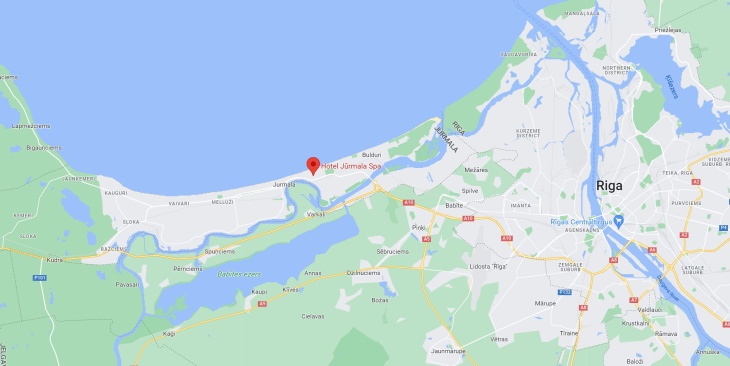
Riga, Jurmala and location of Hotel Jūrmala Spa
Registration and Fees
Registration is open now. Early registration is terminated but late registration is still open. Register via the registration link given below. Read instructions first.
The late conference fee (after 8 April) is
460 € for full delegates
260 € for students
Students are asked to send a valid Student ID or proof of student status to balticearth@hereon.de.
Please note that there is no financial support from Baltic Earth or the conference organizers.
The conference fee covers the conference venue, the abstract volume, the Ice Breaker, morning and afternoon coffee and refreshments, daily lunches and the conference dinner. Accompanying persons will be charged for participation at the conference dinner.
We will offer a guided excursion to Jūrmala Open Air Museum (self-pay, not included in this fee; details will be provided here later).
Fees are incl. VAT.
Excursion
We offer a guided excursion during Tuesday afternoon, 14 March 2024.
A captivating and enriching three-hour experience for participants. The trip will go to the picturesque Jurmala Open Air Museum, where we will learn about the fishing tradition of the region and will enjoy a traditional fish smoking demonstration, as well as various traditional craftmanship demonstrations. The program culminates in an exploration of the open-air museum, where each group is guided through the rich history and culture of the region.
This excursion promises to deepen cultural appreciation, foster hands-on learning, and create lasting memories. An expert will lecture on the fishing techniques and environmental impacts of fisheries now and then. The excursion qualifies as scientific excursion and is an optional part of the scientific conference programme.
The excursion must be paid in addition to the conference fee (37€ per person).
Registration link
Please read this important information before opening the registration link:
1. Read the information in the registration form carefully.
2. Payment is possible via Bank Transfer and Credit Card. The Bank Transfer information you will get together with the invoice after registration was completed. For Credit Card Payment please follow the instructions in the registration form.
3. Privide name and payment code "Baltic Earth 2024" as "payment reference" or "reason for payment"
4. IMPORTANT: Provide VAT Number of your institution and the institution´s Registration Number. Please fill in this information in the required fields WITHOUT BLANK SPACES.
Timeline
December/January 2023: Registration and Hotel booking open
22 January 2024: Abstract submission deadline
5 February 2024: Extended Abstract submission deadline
End of February 2024: Notification to authors
11 March 2024: Programme available
08 April 2024: Early registration and fee payment deadline
13 - 17 May 2024: Conference
13 May 2024: Ice Breaker (included in fee)
14 May 2024: Excursion (self-pay)
16 May 2024: Conference Dinner (included in fee)
Scientific Committee
Juris Aigars, Latvia
Andris Andrusaitis, Latvia
Itzel Ruvacalcaba Baroni, Sweden
Franz Berger, Germany
Florian Börgel, Germany
Evridiki Chrysagi, Germany
Inga Dailidienė, Lithuania
Georgia Destouni, Sweden
Matthias Gröger, Germany
Jan Harff, Poland
Kari Hyytiäinen, Finland
Karol Kuliński, Poland (Vice-Chair)
Andreas Lehmann, Germany
Urmas Lips, Estonia
Markus Meier, Germany (Chair)
Lorenzo Minola, Sweden
Kai Myrberg, Finland
Anders Omstedt, Sweden
Kevin Parnell, Estonia
Piia Post, Estonia
Marcus Reckermann, Germany
Gregor Rehder, Germany
Anna Rutgersson, Sweden
Tarmo Soomere, Estonia
Martin Stendel, Denmark
Hans von Storch, Germany
Laura Tuomi, Finland
Ralf Weisse, Germany
Organising Committee
Juris Aigars, Latvia
Andris Andrusaitis, Latvia
Silke Köppen, Germany
Markus Meier, Germany
Marcus Reckermann, Germany


